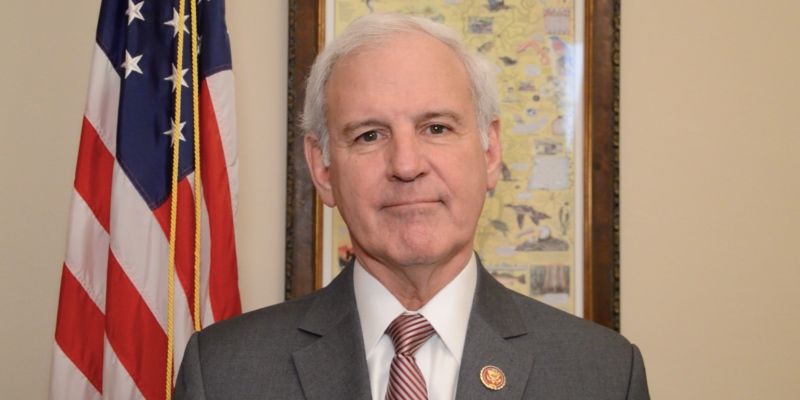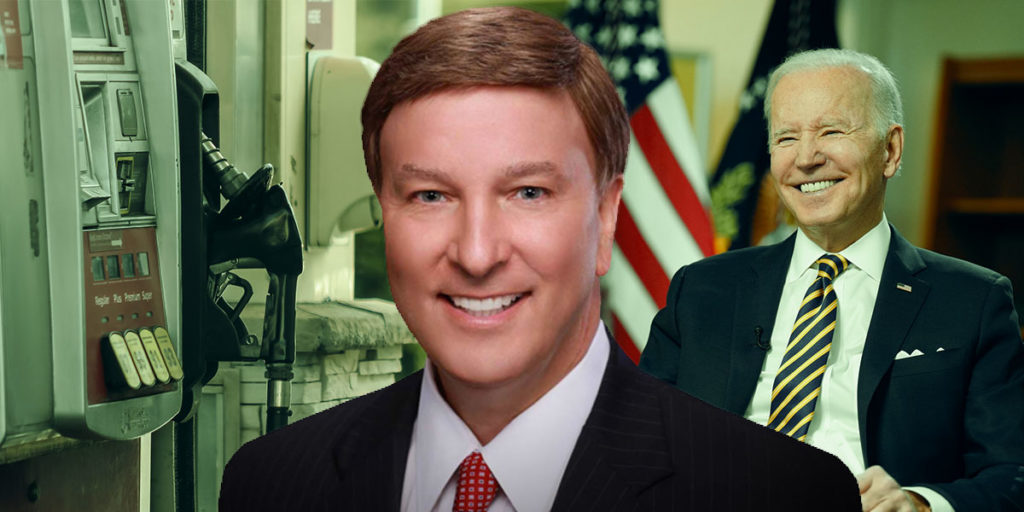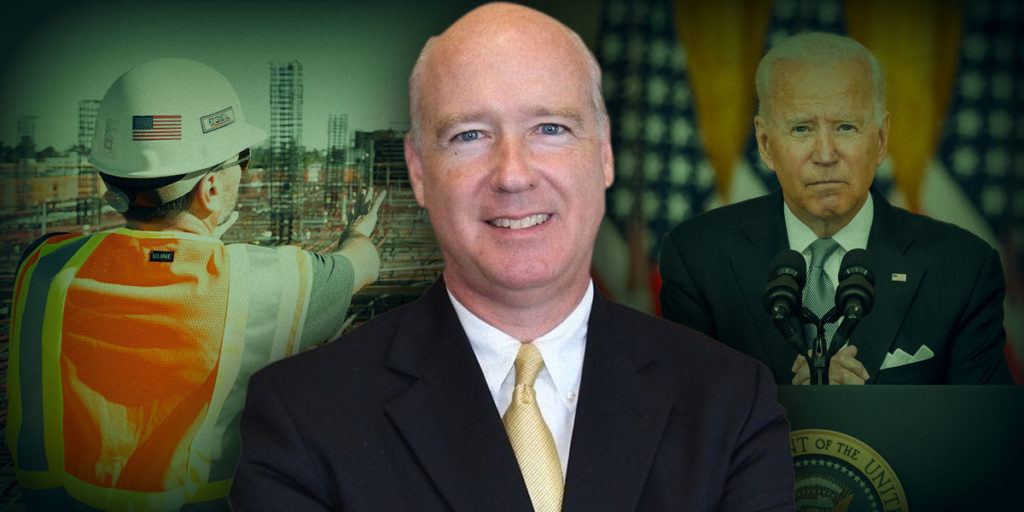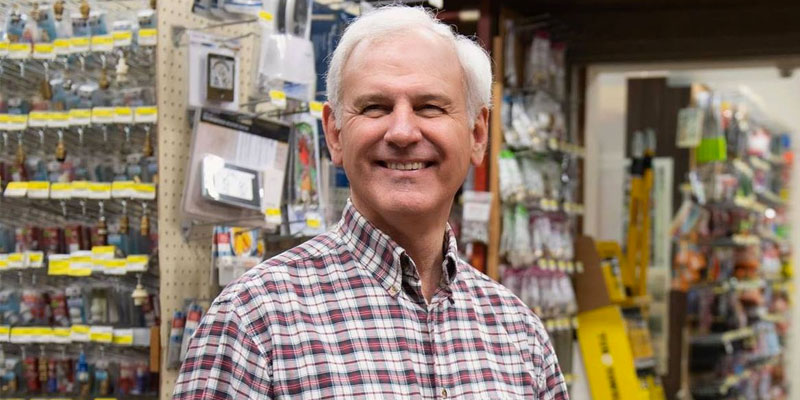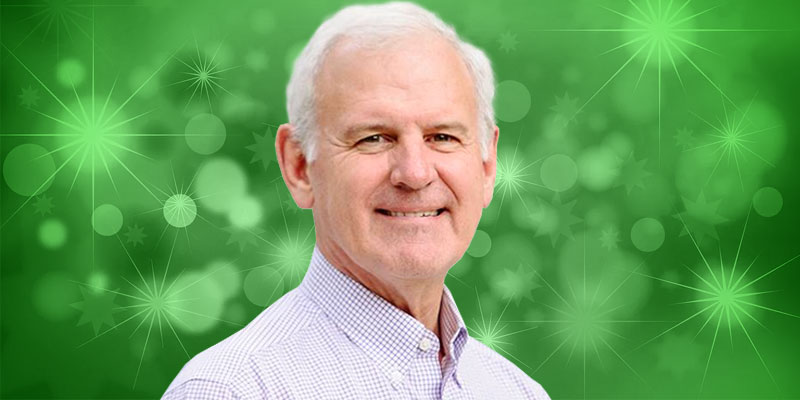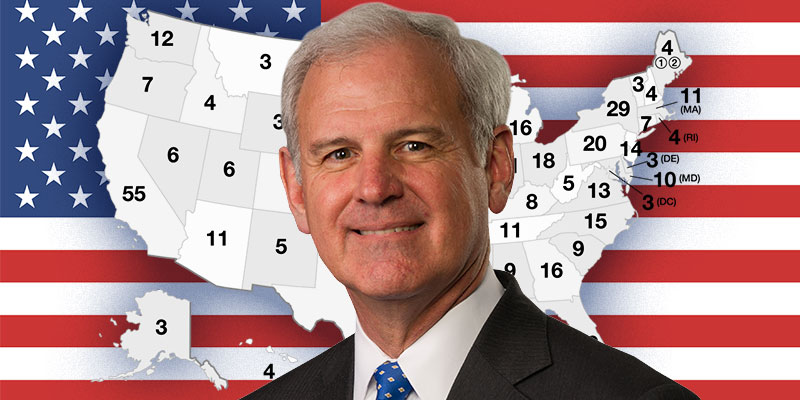Last week, I was honored to address a group of newly naturalized citizens of the United States. It was an experience that gave me the opportunity to reflect on a question as old as our nation itself: “What does it mean to be an American?”
In the United States, we don’t define citizenship as being part of the dominant ethnic group. And we do not define citizenship as being part of the dominant religion or hound out those with whom we disagree. Nor are we defined as the subjects of a monarch or strongman dictator.
Indeed, we Americans believe that “we the people” can govern ourselves.
It has been said that democracy acts as a mirror: the government you get in practice often reflects the virtues of its people. Benjamin Franklin is said to have acknowledged the burden of our system when asked what type of new government the Constitutional Convention had created. His answer? “A republic, if you can keep it.”
Unfortunately, there are some today that are losing sight of what our founders intended when our country was established.
Our federal government was designed to be limited because our Founders had been the victims of a despotic king and an uncaring parliament. So, the first words in our Constitution are, “We the People.” Note that those words aren’t “We the Government.” Over and over, the Constitution limits what the government can do and how it can do it. Why does it look so difficult to pass a law in Washington? Because it is supposed to be difficult, a byproduct of the Founders’ skepticism of consolidated government power.
In Washington today, though, there are those who are trying to turn away from these founding principles. Instead, they want to turn toward measures that create a more invasive and overreaching government. In short, they are looking to socialism to answer the problems that face us today, rather than a return to our founding principles.
Policies like Medicare for All and the Green New Deal attempt to use the government to fix problems in broad-sweeping, all-encompassing acts that forget about the individual, the economy, and our responsibilities as citizens of the United States.
Last week, socialism received a reality check in the form of a report proponents of these policies ordered themselves. The Congressional Budget Office issued an analysis on transforming our healthcare system in the United States to a single, government-operated system. Not only would it cost trillions of dollars for decades, but it would also be “complicated, challenging and potentially disruptive.”
We don’t have to look far to see the problems caused by socialism. The issues currently facing the country of Venezuela stem from their socialist policies and government overreach. Socialism took a country that has the largest proven oil reserves in the world and drove it down to the point that people are getting their drinking water from sewage ditches.
Yet when President Trump said that America is not a socialist country, half of Congress sat on their hands. The American people do not want what they have in Venezuela here in the United States.
Through our continuing great American experiment, certain longstanding values must continue to define us. Americans believe in hard work and honesty. We think common sense is more important than dollars and cents.
As I said, there are some here in America who want us to change. Change has always been a part of our country and our national identity. But the fundamentals, these values that underlie our national character, should never change. In fact, we should continue to build on them to, in the words of the Preamble to the Constitution, “form a more perfect union.”
U.S. Rep. Bradley Byrne is a Republican from Fairhope.




